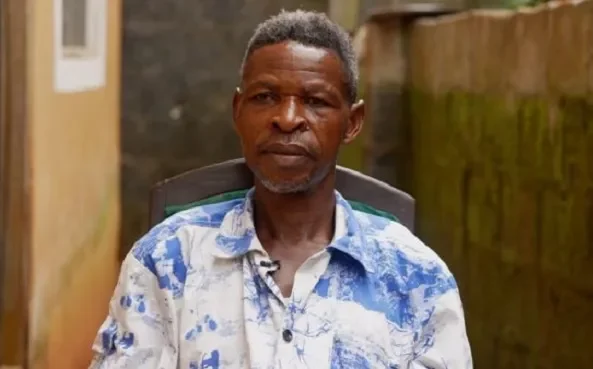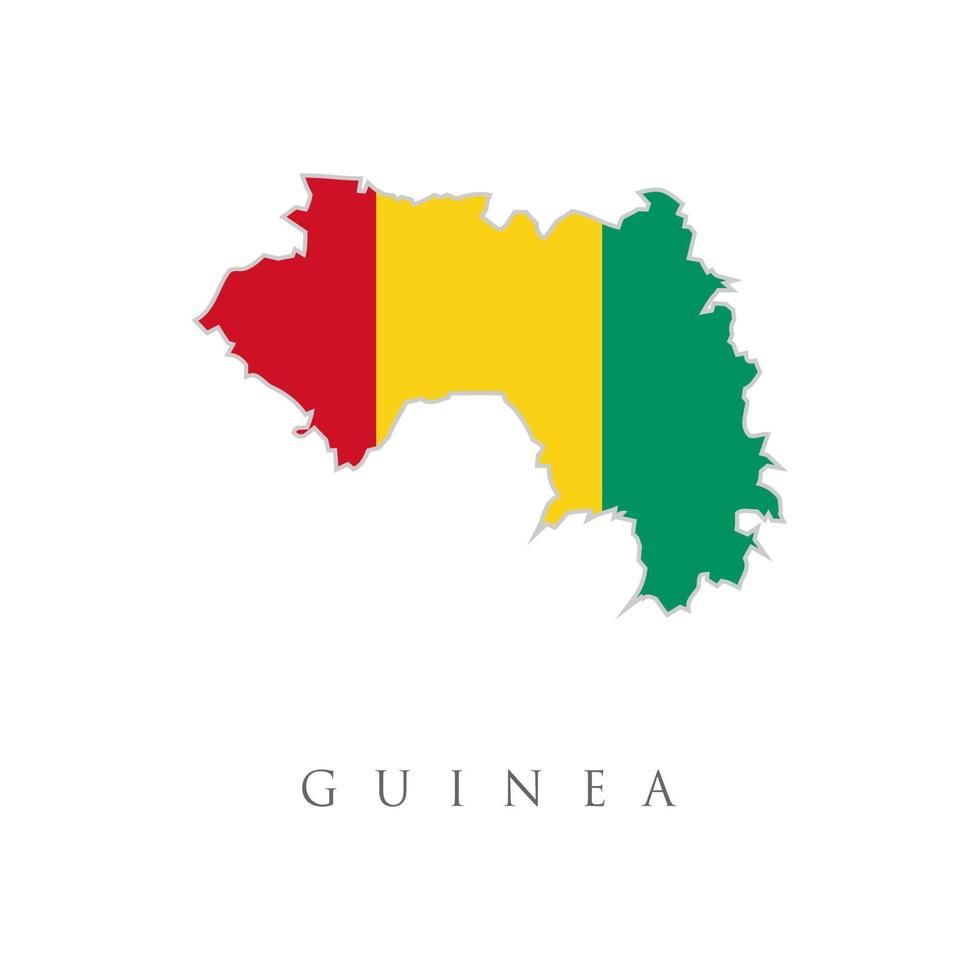Africa Plunges Into Digital Darkness: Unpacking the Rise of Internet Blackouts

In the 21st century, the internet has become undeniably ubiquitous, driven by extraordinary advancements in communication technology and online platforms. This rapid growth has elevated internet access to a fundamental necessity for people worldwide. Yet, within the African continent, internet shutdown is increasingly being weaponized as a political instrument. Over the past eight years, governments in at least seven African nations have deliberately interfered with internet usage within their borders.
An internet shutdown or disruption is formally defined as an instance where an entity, typically a government, intentionally blocks or impairs access to the internet or specific online applications. This practice is not entirely new to Africa; the first recorded incident occurred in Zambia in 1996. During this period, the Zambian government successfully pressured the country’s primary Internet Service Provider (ISP), Zamnet, to remove a banned edition of The Post newspaper from its website by threatening legal action. Following this, it took over a decade for the next significant internet disruption to be reported on the continent, a testament to the internet's nascent presence in Africa at the time.
However, since 2007, Africa has experienced a surging trend of internet disruptions. African governments often implement these shutdowns during times of significant political upheaval or large-scale unrest. When protests erupt or civil disturbances occur in certain countries, governments swiftly move to restrict internet access. Their stated justification is often to curb the spread of misinformation, which they argue could escalate into further crises. While this explanation might appear plausible, it seldom reflects the complete reality. Internet disruptions are almost invariably orchestrated to prevent the dissemination of information that governments consider unfavorable or embarrassing, aiming to control the narrative until the situation is brought under control. This tactic was evident when Cameroon blocked internet access for three months in 2017 following anti-government protests, and Chad and Cameroon both implemented months-long blockades in 2018.
More recently, Zimbabwe mirrored this approach in January 2019, when its government briefly ordered internet service providers to block access during protests. Although internet services were eventually restored, the ease with which such an order was implemented underscored the vulnerability of digital communication. Beyond managing protests, some African governments also consider internet disruption during elections. Congo, for instance, shut down the internet during its recent election, making it challenging for citizens to monitor and engage with crucial electoral processes.
Given these precedents, there is growing concern that more African nations might adopt internet shutdowns as part of their political strategy. Nigeria, for example, faced rumors of an impending internet shutdown ahead of its elections, highlighting the increasing public anxiety and the potential implications for transparency and freedom of information in democratic exercises across the continent.
You may also like...
Sesko Delivers! Man Utd Secures Vital Win, Easing Amorim's Hot Seat Pressure

Ruben Amorim's Manchester United secured a crucial 2-0 victory over Sunderland at Old Trafford, marking Amorim's 50th ga...
Scorsese's Sinner Past: Film Legend Reveals He Was Kicked Out of Priesthood for Bad Behavior

A new docuseries, “Mr. Scorsese,” reveals that legendary director Martin Scorsese, renowned for his cinematic exploratio...
Daddy's Watching: Trump Threatens SNL with FCC Attack Over 'Mean' Cold Open

"Saturday Night Live" launched its 51st season with a satirical cold open. Colin Jost portrayed a "secretary of war" lam...
Taylor Swift Shakes Things Up With New Acoustic Bonus Tracks on 'Life of a Showgirl' CD Variants!

Taylor Swift surprised fans with four new CD variants of her latest album, "The Life of a Showgirl," each featuring two ...
Afrobeats Dominates: Rema Hailed as International Success by Angelique Kidjo

Rema's ascent symbolizes Afrobeats' rise to global prominence, as celebrated by Angelique Kidjo on the TIME100 Next list...
Mohbad Family Legal Battle Deepens: Father Demands Prosecution of Daughter-in-law

Joseph Aloba, father of the late singer Mohbad, is pressing the Lagos State government to prosecute his daughter-in-law ...
Double Trouble! Navigate Life with Two Under Two: Your Essential Survival Kit Revealed

Caring for two children under two presents unique challenges, but expert Sarah Campus offers practical tips and essentia...
Africa Plunges Into Digital Darkness: Unpacking the Rise of Internet Blackouts

Internet shutdowns are increasingly becoming a political tool across Africa, with governments disrupting access during p...




